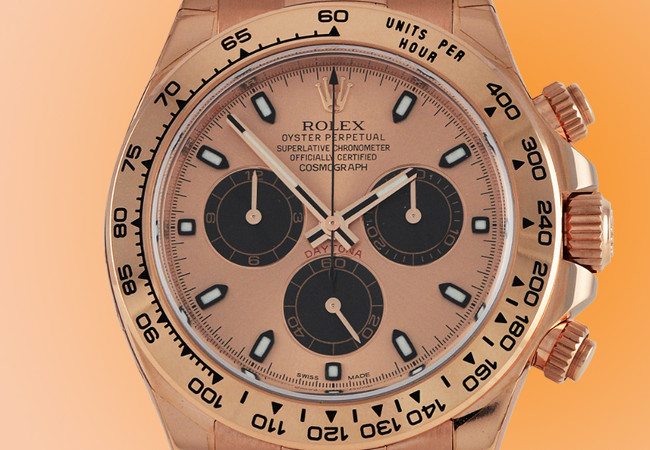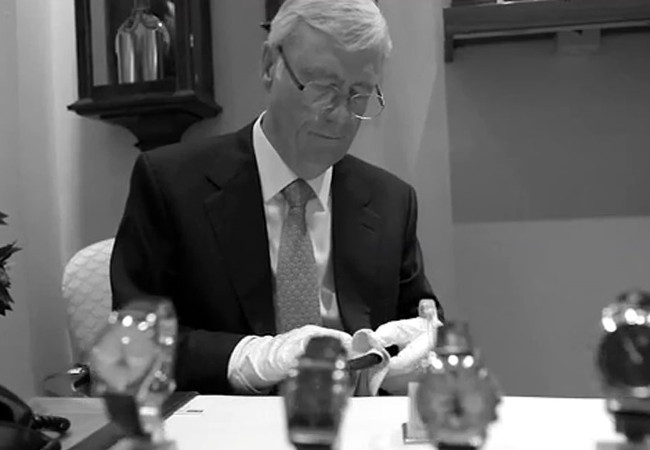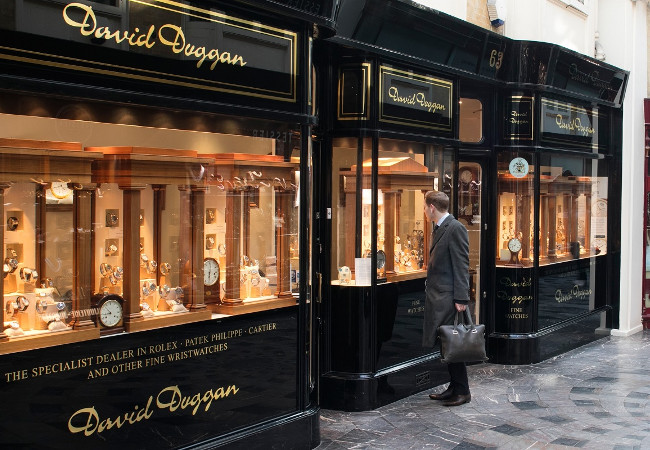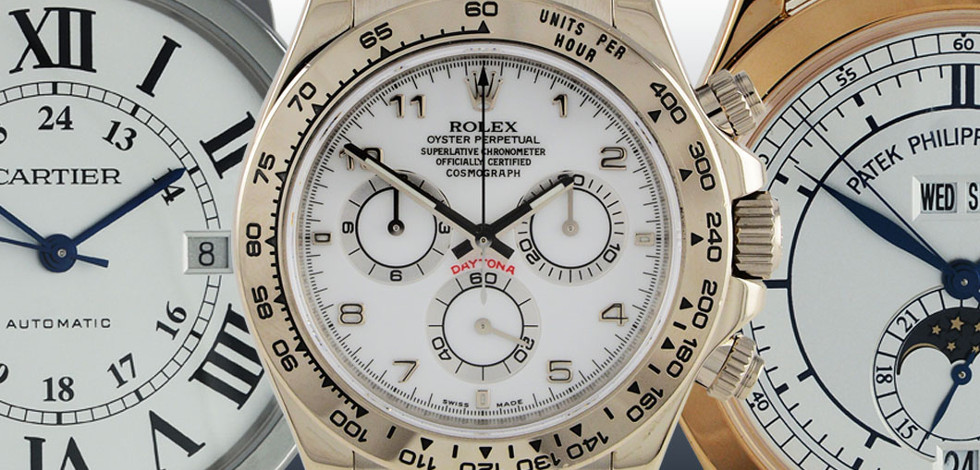Investing in a classic timepiece can be a savvy move for your financial strategy as well as your style. But it’s a complex marketplace – especially if you’re taking your first steps into the vintage and pre-owned arena.
So we asked David Duggan, luxury watch specialist and owner of London Mayfair’s David Duggan Watches, for some insider tips on how to choose the right model.

When it comes to luxury watches, why choose vintage?
Vintage is a very loose term in the world of watches. Some consider vintage to mean anything that was produced before 1970, but these days I’m inclined to include anything pre-1985 in the vintage bracket. Whatever your definition, the vintage market is currently thriving, steeped in history, and rich in extraordinary models that are incredibly sought after. But it’s not for everyone. It’s important to be sure that vintage suits you, your wallet and your lifestyle. A vintage watch tends to lend itself more to special occasions than constant wear. Often, classics can resemble their modern counterparts, but of course they will have different specifications. For example, a vintage watch might have no waterproof features, it might be generally more fragile, and due to its age it will undoubtedly need regular servicing. So before you take the plunge, ask yourself: what do you really want out of your watch?
So how do first timers on the vintage market know where to start?
Under the “luxury” umbrella there’s a huge range of vintage brands and models out there to suit most tastes and budgets – from entry level Rolex to very high end Patek Philippe. It can seem overwhelming. To narrow the options down, there are some basic questions you should consider. What are your main priorities in terms of style, function and how you’re going to use the watch? What price bracket is realistic? Is the model likely to hold its value? Are there any specific features you want, such as particular complications? Take your time, do your research, and let the specialist watch community help you. There’s a reason that most of our customers still come into the showroom rather than buying online. It’s because they value the opportunity to get personal advice and up to date knowledge of the vintage luxury watch market.

What are your top watch buying tips for the inexperienced buyer?
Ultimately, a vintage watch is a thing of beauty to own and love. But it can also be an important investment decision, so when you’re starting out there are a few basic rules I would certainly advocate:
Keep it simple: When you’re new to the vintage market, it really is best to keep your ambitions in check. Tempting though more complicated pieces might be, a safer choice for a first-time buyer would be a classic, elegant 1950s or 1960s piece – something like a Patek Philippe Calatrava or a classic Rolex Oyster. These kinds of pieces are most likely to hold their value. Remember that the more quirky or unconventional the model, the narrower and more unpredictable the market is likely to be. So start off with something classic and affordable and grow your collection as your knowledge increases.
Do your homework: It’s common knowledge that the luxury watch market is awash with fakes. The most important thing is to research the person selling you the watch and establish their reputation. It really is unwise to buy a vintage watch without checking its condition first-hand and ensuring that it comes with its original box, documentation and service history. Be sure that the purchase includes a guarantee as well. A one-year guarantee is pretty standard – so if the dealer won’t offer that then alarm bells should start to ring. The same goes for apparent bargains. Price is a great indicator. If the price seems to be too good to be true, there’s very likely to be something amiss and you should look elsewhere.

Follow the trends: Your choice of brand and model can drastically affect your watch’s ability to hold its value. This is not a market for the impatient or faint hearted. If your motivation is purely financial, then you may actually do better to purchase a more modern watch – maybe something that’s around twenty to twenty-five years old. Once you find a brand that really appeals to you, follow it closely. There is an absolute wealth of information out there on watch forums, websites and the like. And building a relationship with your dealer is a clever strategy. They’ll get to know exactly what you like and keep their ear to the ground to source models that might interest you.
Ultimately, though, most vintage watch collectors see this pastime as more than a financial investment. It tends to become a labour of love. There really is nothing more unique or special than a watch that has stood the test of time and retained its quality. So what’s more important than anything else is that you purchase the watch that you have truly fallen in love with.






















